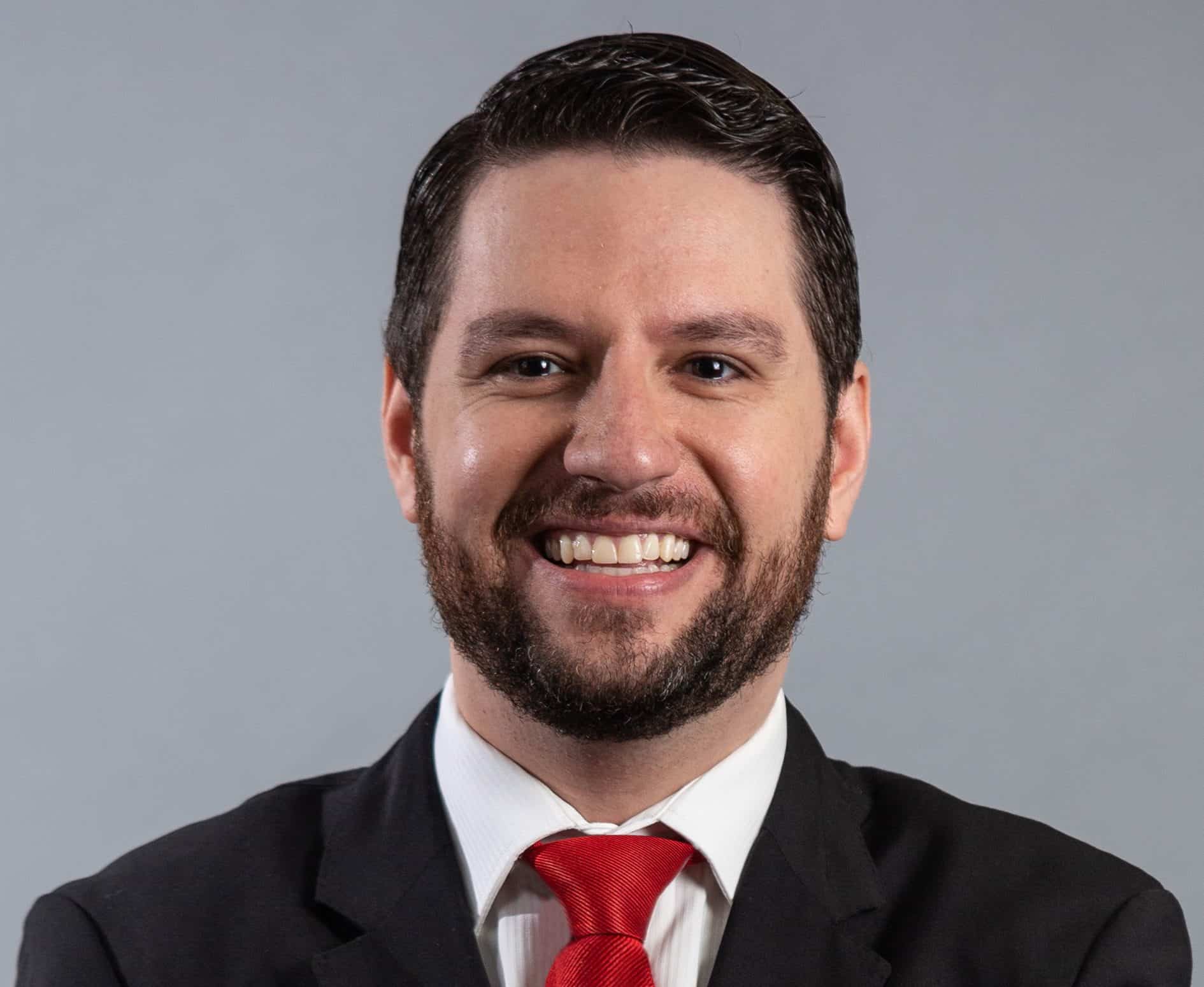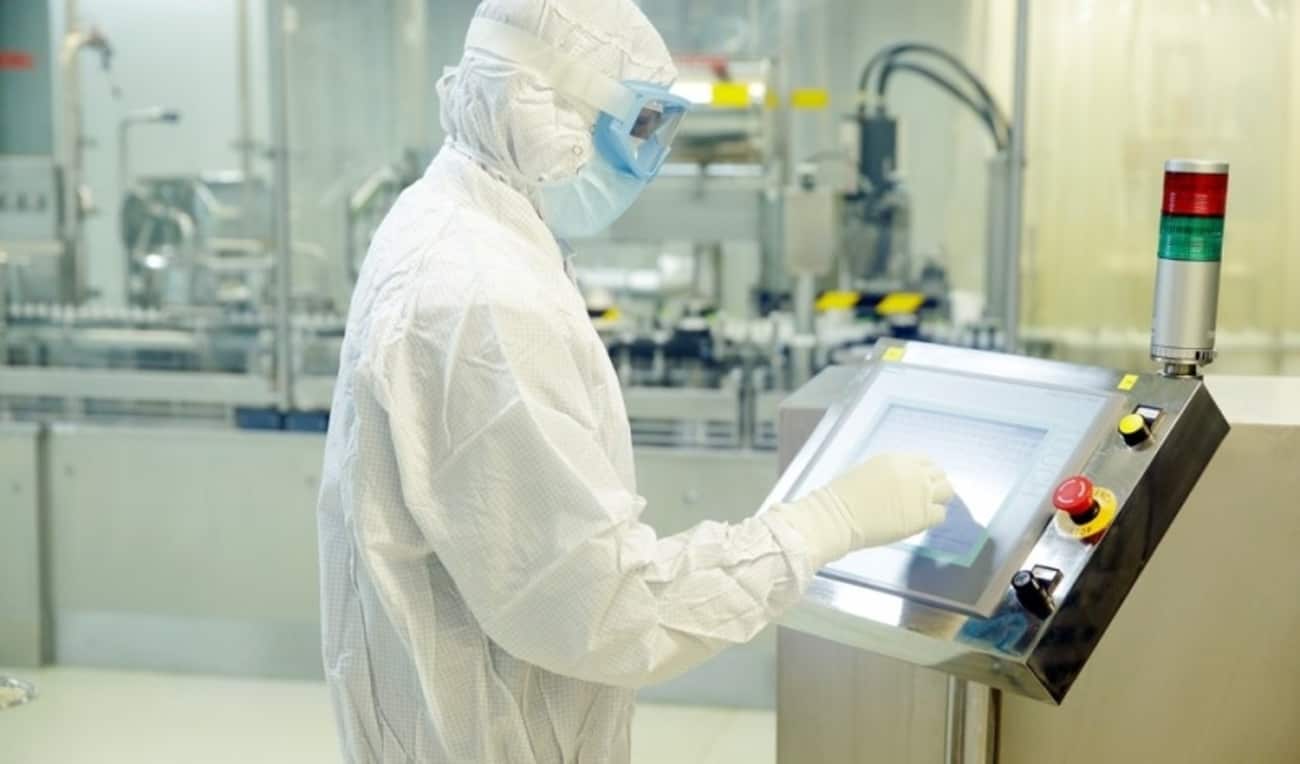None of the Gulf countries figures in the list of the top 50 countries that export medicines globally. Still, a total of 69.9 million kilos of medications worth $722 million are exported from these countries annually, with Saudi Arabia and the UAE leading the charts.
According to a Holding Company (ADQ) report, UAE medicine factories have expanded from four in 2010 to 23 in 2021, with 14 factories producing medicine, seven medical devices and two producing disinfectant solutions. The country manufactures more than 2,500 pharmaceuticals.
The report, issued in March 2022, expected UAE drug market value to rise to $4.7 billion in 2025, up from $3.7 billion in 2021 and $1.5 billion in 2011, in fulfillment of the transformative Vision 2031.
Saudi Arabia exports more than $400 million worth of pharmaceuticals each year, and the business is expected to increase at a rate of five percent per year over the next few years.
Expansion of the industrial health sector is one of the ingredients of the kingdom’s Vision 2030.
Saudi Arabia’s Minister of Industry and Mineral Resources has emphasized the importance of localizing the pharmaceutical industry for public health and national drug security at opening the first phase of insulin production. He added that the kingdom aims to raise the localization rate of the pharmaceutical industry from the current 25 percent to 50 percent.
Biopharmaceutical products

GCC countries have a highly dynamic environment characterized by growing populations, a broad diversity of patient demands and increasing healthcare budgets, says Rodrigo Rodriguez, the Middle East Cluster General Manager of Takeda Pharmaceutical Company, Asia’s largest pharma company and one of the top 20 largest pharmaceutical companies in the world by revenue.
Rodriguez said GCC countries are also supporting the development of innovative medicines to meet the unique needs of their citizens.
Takeda focuses on four core therapeutic areas of Oncology, Rare Diseases, Neuroscience, and Gastroenterology, mainly biopharmaceutical products.
Pharmaceutical medicines derived from biological sources, such as blood components, gene treatments, tissues, cells, and recombinant proteins, are known as biopharmaceutical products (BPP).
The company’s global team of researchers and scientists continues to harness cutting-edge science across the biopharma space to deliver a steady stream of next-generation therapies with transformative or curative potential. This is in line with the GCC nations’ goal of devising innovative medical solutions.
Takeda’s performance in the region
Rodriguez said Takeda has been conducting research activities involving 800 patients in Saudi Arabia to generate country-specific data to support local health authorities or local guidelines generation.
Its ambitious goals to address the GCC’s unmet health challenges assisted Takeda in adding more than 30 innovations in the Middle East by the end of 2021. It hopes to launch molecular neuroscience in the coming years.
Rodriguez said: “Thanks to the ongoing investment in and support of GCC governments of the local R&D and manufacturing landscape, biopharma will continue to play an essential role in enabling Takeda to deliver life-transforming breakthrough therapies for regional patients.”
He added:” Looking ahead, growth across the GCC markets will be critical to achieving our objective of approximately US$ 9 billion by FY2030 for our Emerging Markets Business Unit, which includes the GCC in its remit”.
At the start of 2022, Takeda was recognized as a Top Employer by the Top Employers Institute – the global authority on recognizing excellence in people practices.
In addition, Takeda’s UAE and Saudi Arabian offices received Top Employer Status. The UAE received this award for the third consecutive year.
At the same time, Takeda has more than 20 ongoing pivotal studies and 12 applications under review by regulatory agencies. Also, the Japanese firm anticipates generating at least 20 additional launches, including specialized, advanced therapies, over the next five years.








